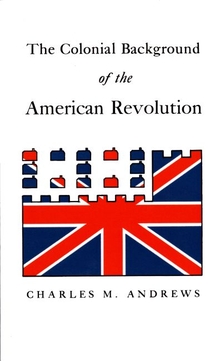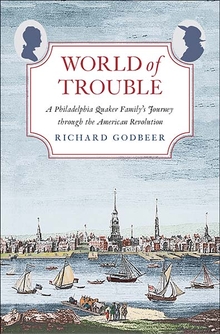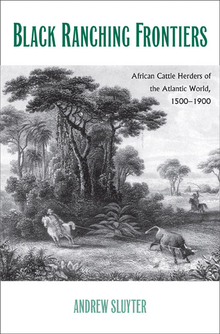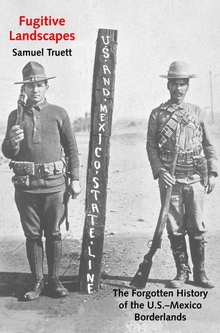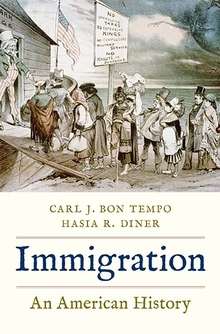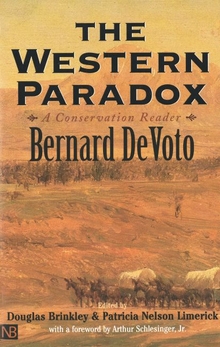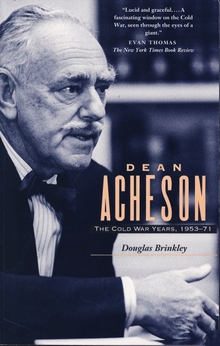FDR and the Creation of the U.N.
WARNING
You are viewing an older version of the Yalebooks website. Please visit out new website with more updated information and a better user experience: https://www.yalebooks.com
Townsend Hoopes and Douglas Brinkley
Prize-winning historians Townsend Hoopes and Douglas Brinkley explain how the idea of the United Nations was conceived, debated, and revised, first within the U.S. government and then by negotiation with its major allies in World War II. The experience of the war generated increasing support for the new organization throughout American society, and the U.N. Charter was finally endorsed by the community of nations in 1945. The story largely belongs to President Franklin Roosevelt, who was determined to form an organization that would break the vicious cycle of ever more destructive wars (in contrast to the failed League of Nations), and who therefore assigned collective responsibility for keeping the peace to the five leading U.N. powers—the major wartime Allies. Hoopes and Brinkley focus on Roosevelt but also present vivid portraits of others who played significant roles in bringing the U.N. into being: these include Cordell Hull, Sumner Welles, Dean Acheson, Harry Hopkins, Wendell Willkie, Edward Stettinius, Arthur Vandenberg, Thomas Dewey, William Fulbright, and Walter Lippmann. In an epilogue, the authors discuss the checkered history of the United Nations and consider its future prospects.
"This incisive and absorbing book explains where the United Nations came from, where its founders hoped it might go and what happened to the dream. For those who wonder what the U.N. is all about, this is the book to read."—Arthur Schlesinger, Jr.
"With a well-told story, the authors remind us of all the beliefs and hopes behind our commitment to the U.N. With the U.N. more and more the theater of world politics, this could hardly be a more timely book."—Ernest R. May
"This brief book provides a lucid, informed, and instructive account of the formation of the United Nations and of the limited expectations of its founders. As such, it supports the conclusions of its authors about the indispensability for the future of global order alike of U.N. peacekeeping efforts and of continuing international commitments of American power."—John Morton Blum
"A first-rate account. Written in sprightly prose, the book has concise coverage, a balanced interpretation, and a focus on important themes."—Robert A. Divine
"Hoopes and Brinkley have written a thoughtful and persuasive book on Franklin Roosevelt's leadership in creating the United Nations. Their study is a timely reminder of the difficulties and advantages of establishing and relying on a world organization to maintain international peace. Their book will stand as the best reconstruction of this major development in international affairs for a long time to come."—Robert Dallek
"This will be an excellent reader for undergraduate courses in International Law, as well as general reading for many specifics regarding the UN's evolution, FDR's role, and why his objectives remain a viable feature in contemporary UN reform analysis."—American Society of International Law, Newsletter
"Historians Townsend Hoopes and Douglas Brinkley have produced a highly readable and handsomely illustrated retelling of the founding of the United Nations."—Charlotte Ku, American Journal of International Law
"As timely as tomorrow's newspaper."—Robert Emmet Hoyt, Arizona Republic
"An instructive and briskly written account of the formation, under Franklin Roosevelt's tutelage, of the United Nations."—David C. Hendrickson, Foreign Affairs
"A well-researched and clearly written book."—Irwin F. Gellman, International History Review
"This book is an engaging primer that serves to introduce students to FDR and the United Nations."—Wilson D. Miscamble, Journal of American History
"An absorbing study of the genesis of the U.N. and its continuing importance, with all its imperfections, to world peace."—Kirkus Reviews
"A fine narrative."—Library Journal
"The work and the thinking of Franklin Roosevelt and his administration have. . . attracted relatively little attention. In FDR and the Creation of the UN Townsend Hoopes and Douglas Brinkley gave a fascinating account of those efforts, one that is of particular interest today when the role of the United States, the 'single surviving superpower,' in international affairs and at the UN is a matter of paramount importance."—Brian Urquhart, New York Review
"By examining the origins of the United Nations, [the authors] reveal a great deal about the problems the organization faces today and why the chances for reform are problematic."—Rudy Abramson, New York Times Book Review
"This book takes the reader through the twists and turns of the UN's conceptualization, the relationship of the organization to other wartime diplomatic issues, and the desire of those nations to advance nationalistic goals while praising the virtues of international competition in the prevention of war. The study concludes with an honest assessment of the UN in recent times, citing its successes in world nutrition and medical care and its failures in internal medical care and its failures in internal management and peace keeping."—Michael P. Riccards, Perspectives on Political Science
"This is a sensible and useful book by two. . . scholars with great knowledge of the history of their country's foreign policy and a willingness to be as frank about it as is—in their rather relaxed and enlightened view—compatible with the American national interest."—Conor Cruise O'Brien, Sunday Telegraph
"FDR and the Creation of the U.N. is actually two works. First, it is a detailed narrative and interesting recounting of how the Roosevelt administration largely got the organization up and running. Secondly, the book’s epilogue is an essay on the current status of the U.N., in the context of its creation. The narrative account moves along smoothly and is illustrated with twenty-eight photographs of persons and places key to the process. . . . Well worth the read."—David M. Kirkham, American Studies International
Publication Date: July 11, 2000
28 b/w illus.



